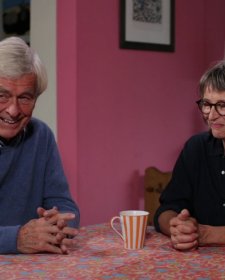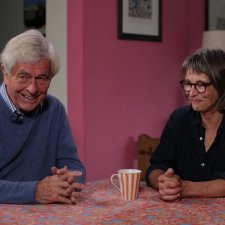I have a kind of artificial division of labour. I almost never write in my study at the university. My writing is nearly all early morning or late at night at home, conceived in the head as I walk. I walk an enormous amount, walk around the suburbs and things like that, and things come in my head when I’m walking, largely because I find it very hard to concentrate unless my body is active. Perhaps this is a result of my obsession with sport, which I regard as a kind of activity in which the dichotomy between soul and body gets relaxed, a kind of activity in which I find release. I find it very hard, indeed I envy painters and sculptors very much because they have a physical activity which corresponds to the production of their art, whereas poets can only sit there and write, and this I find difficult. I get up and pace and dance and walk around and go for long walks, just as a way to release myself.
I find my poetry can begin in any one of a host of ways. I suppose much more when I was young it came just from lines in the head, rhythms, almost you might say, melodies. Now it comes in a variety of ways but ideas play a much larger part now. Seldom do I find poems coming immediately out of a direct experience. It takes a prolonged period, for the most part, of contemplation wherein one experience feeds into other experiences, forms of language, metaphors, ideas coming from quite different areas, until the whole conception becomes dense enough to produce a poem. I find if I try and write poems immediately out of some intense emotional experience, it’s odds on they’ll be merely subjective or private or rhetorical. I need to find something that produces enough density to create a poem that works and not just something for the scrapbook.













